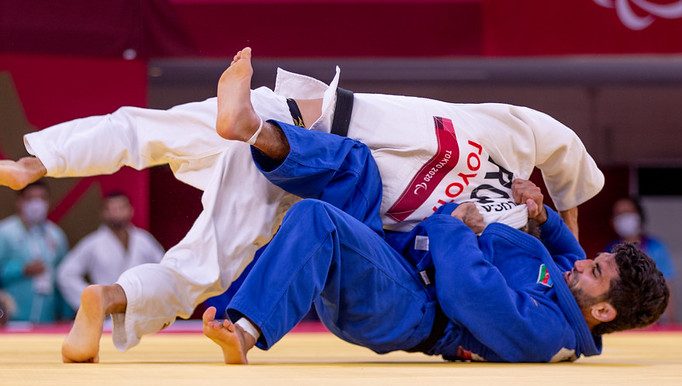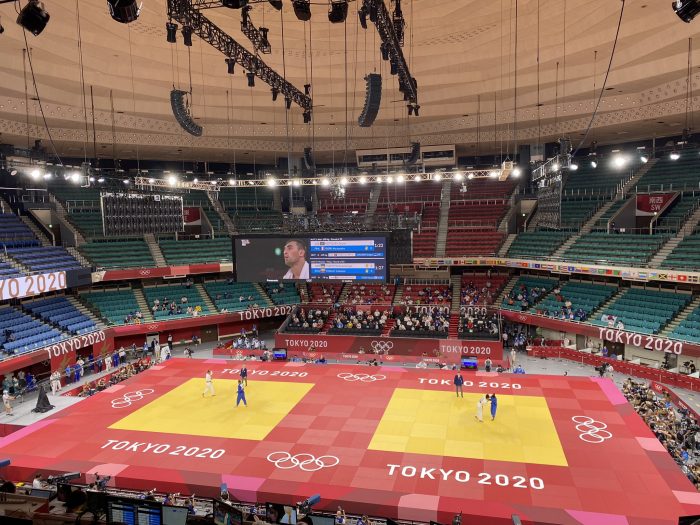Olbia hosts the Junior World Championships and the United States has travelled in a big way, with an impressive delegation of 18 athletes and 8 coaches, which means that they take the matter very seriously. The issue is not only to win medals, but to build a team and a dynamic to fight for the medals in the most difficult tournament and also at home.
The United States has staked everything on the youth and it is understandable. The country will host the 2028 Olympic Games and the judo federation wants to be there with a competitive team. It is a long-term task. You have to be constant and patient, faithful to the established plan. The road has taken shape in Italy reports Judo Inside
In the team roster we find three Rodríguez and as many Yonezuka. It is normal, because in addition to judo, they have blood ties. Two coaches, four children, a flag and a mission.
His sons Nicholas and Dominic are both are registered in the -73kg category. It’s a double ration of stress; it is understood that the father can be tense like the string of a violin. Nicholas Yonezuka, whom we will call Nick, hoping he is not offended because his son is also called Nicholas, is here though and before we get closer we observe him from afar.
Nick occupies the chair reserved for the coach, barely moves, gestures very little and only speaks when the referee calls mate. It’s not an easy fight for Jack but he ends up winning by osae-komi.
This is where the heart of the problem lies. Nick, the father, is clear. “Olbia is where it all begins: the path that should lead us to the Los Angeles Olympic Games in 2028. We are here to learn and to improve and then we will think about the World Judo Tour.”

That is called a plan, but those who say plan also say budget and at this point the issue is not easy.
“I have a dojo in New Jersey and one or two small sponsors. Parents bring their children to me to learn values, discipline, sacrifice and to defend themselves. I don’t have the financial capacity to cover the entire professional circuit,” confesses the coach.
But the father who is also a coach does not back down; he has a strategy.
“First I want them to improve and then to go to the World Judo Tour.” It is a practically compulsory, necessary learning stage, because the European and Asian programmes are more developed than the American ones. “It’s normal,” says Nick, “because in America judo isn’t that popular yet.”
What they do know is that to learn and win you have to have fun on the tatami. They already have the values and are already stepping on European soil with their eyes wide open. It is a crucial first step. The rest, that part as inelegant as it is necessary, that is money, will come, somehow. Or not! But, if from this experience the Yonezuka family comes out wiser, American judo will too and by extension, so will all the rest.



